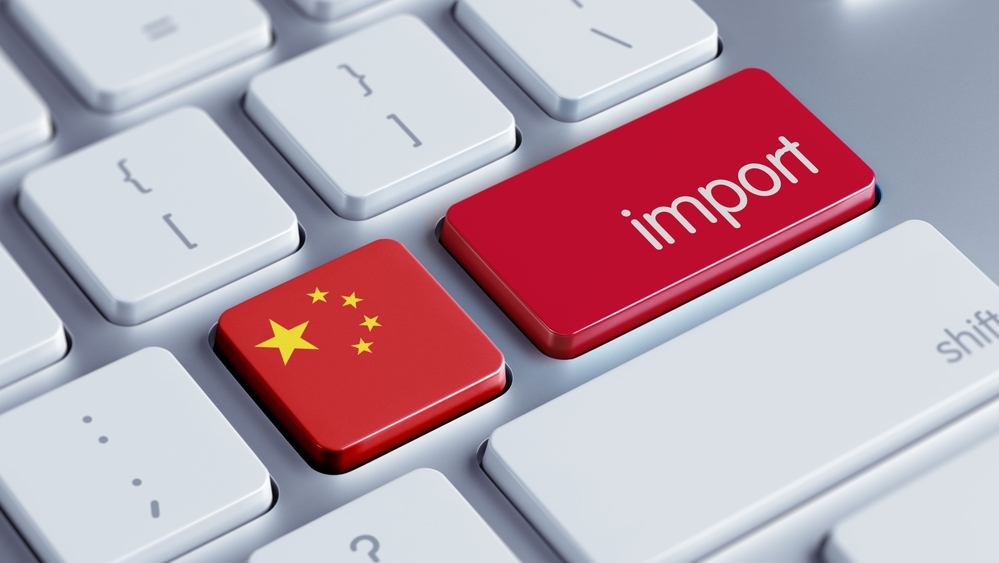US equity futures stocks were mixed and commodities from oil to iron ore tumbled as the latest round of terrible data from China further clouded the outlook for the global economy. China’s zero-covid policy has left its economy trapped.
China’s property market is a dominant sector and an integral part of China’s remarkable economic transformation. 70% of China’s wealth is tied to real estate (twice as high as the US). Chinese citizens prefer to invest in real estate as the Chinese Stock Market is notoriously opaque and unreliable. Property represents more than two-thirds of household assets compared with about one-quarter for U.S households. Therefore, an unraveling of this sector could rival what happened in the U.S. during the housing bust.
Last year, the spillover to other sectors was limited, because aggregate demand held up as China weathered the COVID-19 pandemic reasonably well. A Reuters survey of 10 analysts and economists showed they were still upbeat about property values and expected them to rise by 5 percent this year. Instead, prices have fallen for 11 consecutive months, and they appear headed for further declines.
One reason for the weakening in property prices is the Chinese government’s zero tolerance policy toward COVID, in which huge parts of the country have been shuttered in response to outbreaks. Chinese leaders are loathe to reverse the draconian policy now, for fear of unleashing a bigger crisis.
Economic activity was barely positive in the second quarter of this year, and investment firms, including Goldman Sachs and Nomura, have cut their forecasts of economic growth this year to 3 percent — well below the government’s target of 5.5 percent that it concedes is no longer feasible.
The Chinese economy is experiencing a near-complete collapse.
— Graham Stephan (@GrahamStephan) August 17, 2022
Nearly half a million customers have lost their deposits as the banks lent indiscriminately to housing developers who are now facing cascading defaults.
Here’s the story the Chinese Govt. doesn't want you to know ?
China requires purchasers to make substantial down payments on complexes that are under construction. The slump in the economy has caused developers’ finances to deteriorate such that they are unable to complete many projects. Some buyers, in turn, have responded by withholding payments on their mortgages, and demonstrations against property developers are becoming common.
As a result, Chinese banks are being squeezed on two fronts. The asset side of their balance sheets is under pressure from bad loans to developers and those purchasing apartments. (Note: Loans that are property related account for about 30 percent of all bank loans.) At the same time, the liability side of some smaller banks has been impacted by runs from their depositors.
To bolster the sector, the Chinese authorities have lowered interest rates to make mortgage payments more affordable. They are also trying to shore up property developers by providing financial relief. The State Council recently passed a plan to establish a fund worth up to 300 billion yuan ($44 billion) to support multiple property groups. But these measures appear insufficient to stem the problem.
China made headlines this week after announcing an ambitious trillion yuan, 19-point plan to bolster its ailing financial system.
But according to a string of experts, it might not be enough to salvage the fortunes of the world’s second-largest economy.
Under the scheme, billions will be spent on infrastructure to stimulate the economy, along with a string of other measures.
According to Bloomberg Economics’ Chang Shu and David Qu, “China’s latest package isn’t enough to turn the economy around”.
“It will create more public demand that will partially fill a growing hole left by a retreating private sector – giving some support to growth,” they wrote.
“What it won’t do is deliver a confidence boost that’s needed to prompt households to spend more and companies to invest more.”
Bloomberg also reported Goldman Sachs economists as saying China’s 19-point plan wouldn’t be adequate to lift the growth rate from the organisation’s predicted 3 per cent.
“We’re getting easing, but it’s not quickly enough to keep up with the pace of deterioration in the broader economy,” chief economist for Asia Pacific at Goldman Sachs, Andrew Tilton, told the publication.
That sentiment was echoed by IG Markets analyst Hebe Chen, who told news.com.au there was likely a lot more pain in store for China.
“What I see from the long list of the stimulus package is that Beijing is deliberately drawing attention away from its beleaguered property and financial troubles and long-criticised Covid Zero policy, which few will argue are the crux of the matter, to a temporary pain killer,” she said.
“While those megaprojects look like the nation is trying to replicate its past success with similar formulas, the economic environment has changed, locally and globally. “Internally, the property sector, which has bolstered China’s economy for the past two decades, has fallen apart, and no one knows how bad it can be. Externally, the fast-deteriorated relationship between China and most of its business partners is poised to deconstruct the expansive economy that the labor-intensive country has benefited since the 1980s.
“Unfortunately, neither of those concerns have been addressed in the 19-point plan.”
